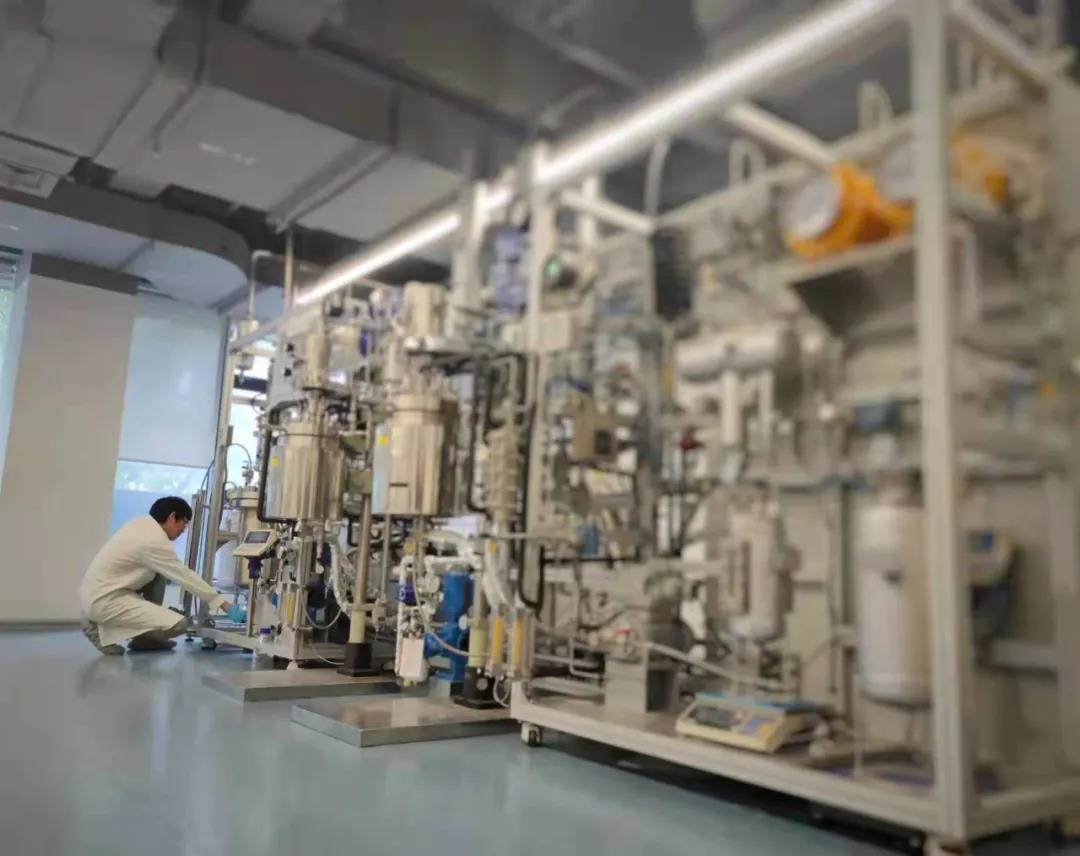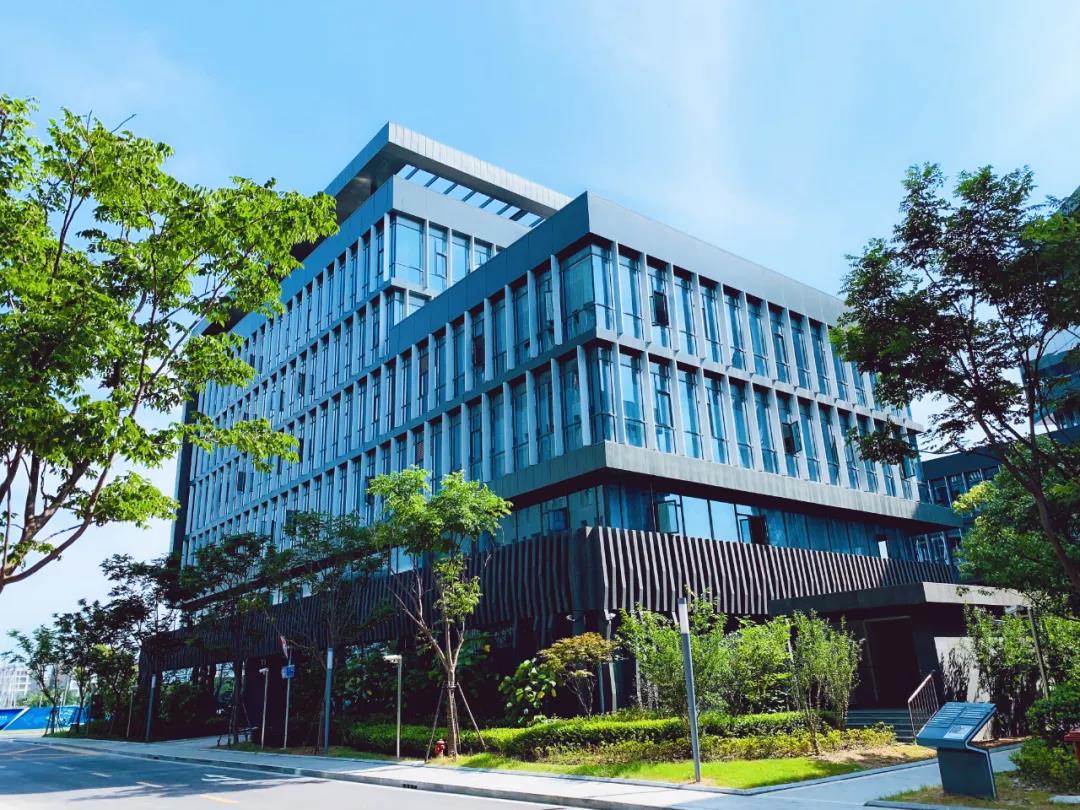Time:2021-11-21 Reading:11351
Under the backdrop of the “Dual Carbon” goals, exploring and
developing the high-value utilization of carbon-containing resources is one of
the essential approaches for China in building a green, low-carbon, and
circular development system and promoting the transformation and upgrading of
traditional industries.
The olefin hydroformylation reaction is a process that converts
olefins and synthesis gas (CO/H2) into high added-value aldehyde compounds. The
produced aldehydes can be further transformed into alcohols, amines, carboxylic
acids, and other essential chemical raw materials and fine chemicals. The world's
annual production of aldehydes and their derivatives obtained through
hydroformylation reactions has exceeded ten million tons, holding substantial
economic value. Hence, olefin hydroformylation technology is one of the crucial
common technologies in the high-end utilization of carbon resources. In recent
years, the large-scale development of modern coal chemical industries like
coal-to-oil and coal-to-olefins in China has provided abundant α-olefin raw
materials for carbonyl synthesis of high carbon aldehydes. However, due to the
high boiling points and poor solubility of high-carbon olefins, several
challenges, such as difficult product separation, easy loss of catalysts, low
reaction efficiency, and high recovery energy consumption, are encountered in
the hydroformylation catalysis process. Consequently, the industrial technology
of high-carbon olefin hydroformylation has long been monopolized by foreign
entities.
Recently, a breakthrough has been achieved in the key technology
for the high-value utilization of high-carbon olefin resources, accomplished
collaboratively by our platform and the Shanghai Advanced Research Institute of
the Chinese Academy of Sciences. A series of patented technologies, focusing on
efficient catalysts and continuous reaction processes, have been developed.
These technologies effectively solve problems such as difficulty in catalyst
separation and slow reaction rates in the hydroformylation reaction process of
high-carbon olefins, achieving continuous and stable operations and the initial
completion of technology package compilations. Moving forward, collaborations
with relevant enterprises will be established for thousand-ton-level pilot
verifications, thus actualizing the industrial demonstration and application of
this technology, contributing to the high-end utilization of China's carbon
resources.

This achievement is the result of a collaboration between the Shanghai Low-Carbon Technology Innovation Functional Platform and research institutes. They have fully leveraged their technical abilities in technology development, concept verification, and engineering. This collaboration has enabled the rapid engineering of laboratory results, clearing a fast track for innovative technologies to transition from the laboratory to industrial application. This passage emphasizes the collective effort and the proficient application of technical abilities that facilitated the quick transformation of lab results into practical, industrial applications.
